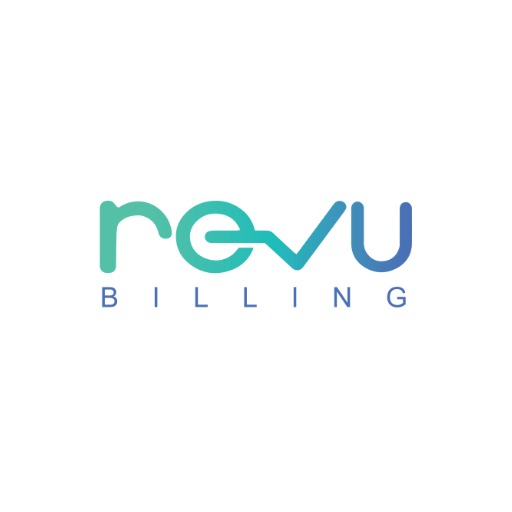Dental Insurance Billing Questions
RDental Insurance Billing Questions Dental insurance billing is a dynamic industry that never stands still. These gears are moving aspects of your revenue cycle management, whether we’re talking about new code sets, insurance obligations, or state restrictions on collecting patient balances. Have inquiries? Good news! We’re here to address any of your pressing inquiries concerning dental billing, including its importance and changing trends.
Your Dental Insurance Billing Questions
A successful revenue cycle management in a dental business depends on the dental billing procedures. The worst part is that they want uniformity throughout the entire process, from initial insurance verification to final dental claim reimbursement to patient copayment collection. However, did you know that these procedures have an impact beyond your dental practice’s income? They have a direct impact on how much your patients trust the staff at your dental office.
Proprietors of dental practises
Your goal as a dental practise owner is to make your business profitable. How do you get there, though? You won’t only have outdated equipment and technology, a convenient location, and a pleasant staff; you’ll also have empty chairs if your dental billing procedures are inconsistent.
If any of the crucial procedures are skipped, chaos will result.
Presentation of the treatment plan in error
Copayments made at the time of service that were incorrect Balances remaining after dental claim reimbursement
Poor reviews on social media
Low word-of-mouth recommendations
A rise in no-shows
If your dental office is having trouble retaining or attracting new patients, we advise you to look at the revenue cycle management systems for dental billing to see what may be changed.
Dental practise directors
The heart and soul of a dental practise are the dental office managers. They maintain efficiency, put up a lot of effort to achieve objectives, and keep the practise operating at full capacity. But what happens when it becomes practically impossible to keep all of those plates spinning? Patients may become suspicious and dissatisfied if a dentist clinic doesn’t handle all of the dental billing procedures.
What makes dental billing crucial?
A dental billing expert must have a thorough understanding of the scope and specifics of the dental billing process because it is such a crucial component of managing the revenue cycle in dental practises.
Is dental billing difficult?
Yes. Dental billing and coding is a challenging process that needs expertise and the appropriate resources for assistance. Dental billing is a team sport that demands knowledge and attention to detail from every dental practise team member, as successful dental practises are aware.
What steps are involved in the dental billing procedure?
The entire process of submitting an appropriate dental claim for the finished treatment to an insurance company for reimbursement (in accordance with the patient’s insurance plan) is known as dental billing. Start by adding the appropriate CDT codes to the claim that correspond to the services provided. There are still a lot of steps to complete before the insurance company or patient can pay, such as clinical documentation, forwarding the claim to the patient’s doctor first, and perhaps appealing it.
What billing codes are used for dentistry?
The ADA 2019 claim form is the most latest one available for dental claims, and it calls for appropriate CDT (Current Dental Terminology) codes for adjudication.
Improving the way dental bills are processed
Want to make your dental billing procedures even better? Have you given dental billing outsourcing any thought? The largest platform in the country for dental billing and patient billing services is Dentalrevu. You can rest assured that your processes are being simplified by skilled remote teammates because our platform specialists have amassed more than 10,000 hours of combined dental insurance experience.
Additionally, by outsourcing your dental billing, you may free up your internal staff from having to perform the tiresome dental billing procedures and allow them to:
Swiftly return phone calls
Call backs to empathetic callers
Correct patient greeting
Create enduring patient encounters
Propose comprehensive treatment plans
Establish connections with patients to foster loyalty and word-of-mouth recommendations
Are dental and medical billing the same thing?
Medical and dental billing procedures are comparable but not identical. However, there are numerous situations in which understanding medical billing could be quite helpful for dental billing procedures. For instance, when the patient’s medical insurance plan must receive a dental claim in accordance with their dental insurance plan’s standards.
The standard code sets used by medical and dental insurance plans in the decision-making process are listed below:
Dental operations are reported using the CDT (Current Dental Terminology).
Medical payors receive procedure reports using CPT® (Current Procedural Terminology).
Medical services, tools, and supplies are reported using the HCPCS (Healthcare Common Procedure Coding System).
Information concerning a patient’s health and the necessity of the procedure mentioned is communicated using the ICD-10-CM
(International Classification of Diseases, 10th version, Clinical Modification) system.
Only hospitals use ICD-10-PCS, the International Classification of Diseases, 10th revision, Procedure Coding System, to record inpatient procedures.
The newest iteration of the ICD physician diagnosis coding system is called ICD-11-CM (International Classification of Diseases, 11th revision, Clinical Modification).
Why is dental billing outsourced?
The simple response is that you merit mental tranquilly. This is the primary goal of Assist, which is accomplished through openness, responsibility, keeping to our brand promises, and boosting dental practices income.




